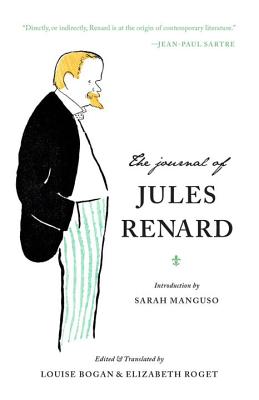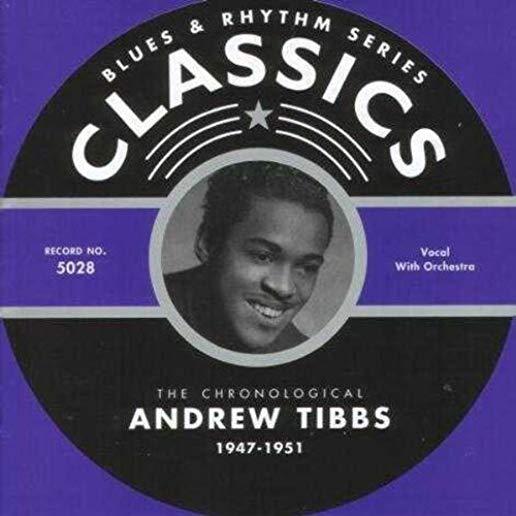
Throughout his journal, Renard develops not only his artistic convictions but also his humanity as he reflects on the nineteenth-century French literary and art scene, and on the emergence of his position as an important novelist and playwright in that world. Through a mix of aphorisms and observations, short scenes, gossip, jokes, and meditations on life and art, Renard portrays the details of his personal life--his love interests, his position as a socialist mayor of Chitry, the suicide of his father--that often appear in his work.
In recent years, the fragmented memoir has grown in popularity, and there's been a resurgence of diary as an artistic form. Once again, Jean Paul Sartre's assessment that "directly, or indirectly, Renard is at the origin of contemporary literature" rings true. In a new introduction, Sarah Manguso--whose groundbreaking nonfiction incorporates elements of diary and aphorism--both contextualizes and celebrates Renard's seminal journal.







